Water can get trapped in your ears or ear canal when you swim or take a shower. When this happens, your ears feel choked or clogged and you might not know what to do. Sometimes one can get scared as a result.
The water stuck in your ears usually drains out on their own. However, if it does not, it may lead to an ear infection. This type of ear infection is called swimmer’s ear.
In this article you will get to know the tricks or methods you can use to safely get water out of your ear or ears.
Before you try getting water out of your ears here are some Do’s and Don’ts to take note of
Do’s
- Use a soft towel or cloth
- Do not stick the cloth or soft towel into your ear canal
- Tilt your head to one side to help drain the clogged water in your ears.
Don’ts
- Avoid the use of cotton swabs (popularly known as ear cleaners)
- Avoid sticking your finger or fingernails in your ears. This can cause a scratch in your ear canal.
- For those with a ruptured eardrum and children with ear tubes, avoid the use of hydrogen peroxide
How to get water out of your ears
Below are some home remedies you can try to get water out of your ears
One method you can try to get water out of your ears is to try shaking the water out of your ear as soon as it enters your ear or ears. You can do this by simply jiggling your earlobes while making sure that your head is tilted downwards towards your shoulder.
Also, you can lie on your side for a few minutes with your head placed on a towel. The towel will be used to absorb the water. Lying on your side will help the water slowly drain out of your ear.
Creating a vacuum is also another way to get water out of your ears. To do this, you first need to tilt your head sideways and rest your ear onto a palm. (Make sure your palm is cupped to create. This ensures that a tight seal is created.
The use of a blow dryer can also help get rid of water stuck in your ears. How to get water out of your ear. To do this, make sure to put the dryer in its lowest setting before you turn it on.
In addition, make sure to hold the hair dryer about a foot away from your ear and move it in a back-and-forth motion. Then while tugging down on your earlobe, let the warm air blow into your ear.
Alcohol or vinegar can also be used to get rid of water stuck in your ears. Alcohol can help the water stuck in your ears to evaporate.
This also has an added benefit of preventing the growth of bacteria (bacteria responsible for ear infection). Vinegar is excellent for removing earwax which has accumulated in your ears. Alcohol is not recommended for children with ear tubes or for people with ruptured eardrums.
To do this
- First, combine alcohol and vinegar in equal amounts to make ear drops
- Apply 3 or 4 drops of this new mixture into your ear with the use of a sterile dropper.
- Gently rub the outside of your ears
Make sure to wait at least 30 seconds and then tilt your head sideways to drain out the solution/. It is best to avoid using this method if you have any of these conditions;
- a middle ear infection
- a perforated eardrum
- tympanostomy tubes (eardrum tubes)
Also, hydrogen peroxide solution can be used to remove clogged water in your ears and even debris and earwax. This method is not suitable for people with ruptured eardrums or children with ear tubes.
Another method you can try to get water stuck in your ears is by using olive oil. Olive oil can also help prevent infection in your ear. To use this method, simply follow the steps below
- Pour some olive oil in a small bowl. Place a few drops on your inner wrist to test the temperature.
- Use a clean dropper to place a few drops of the oil into the affected ear
- Make sure to lie on your side for about 10 minutes and then sit up and tilt your head in a downward position. This will ensure that the water stuck in your ears will be drained out.
Over the counter medication can also help get rid of water stuck in your ear. Majority of these medications are alcohol based and can help reduce moisture in your outer ear canal, as well as kill bacteria or remove earwax and debris.
Warm steam can help release water from your middle ear through your eustachian tubes. Try taking a hot shower or giving yourself a mini sauna with a bowl of hot wat
These are some of the home remedies that you can try when you have water stuck in your ears.
How can I spot an infection if drying does not work?
In case an infection arises from water being stuck in your ear, you can look out for the following symptoms. These include;
- Itching in your ear canal
- Redness in your ears
- Discomfort or pain that gets worse when you pull on your outer ear or push on the little bump in front of your ear
- Clear, odorless fluid that drains from your ear canal
How to keep water out?
These are some of the things you can try to prevent water from getting stuck in the first place
- Make sure to remove earbuds if you’re sweaty.
- Coat a cotton ball with petroleum jelly and slip it into your outer ears during a bath.
- You can also block your ears with cotton balls when you use hair spray or hair dye.
- Use earplugs and a swim cap when you go into the water.
- Have your doctor remove earwax if you think you have a problem with wax buildup.
The takeaway from this article
Having water stuck in your ears can be very uncomfortable. There are many causes for this situation and it can be treated easily. However, there are some precautions you should take before you can remove the water stuck in your ear. These precautions are taken to avoid damage to your eardrums or ear canals.

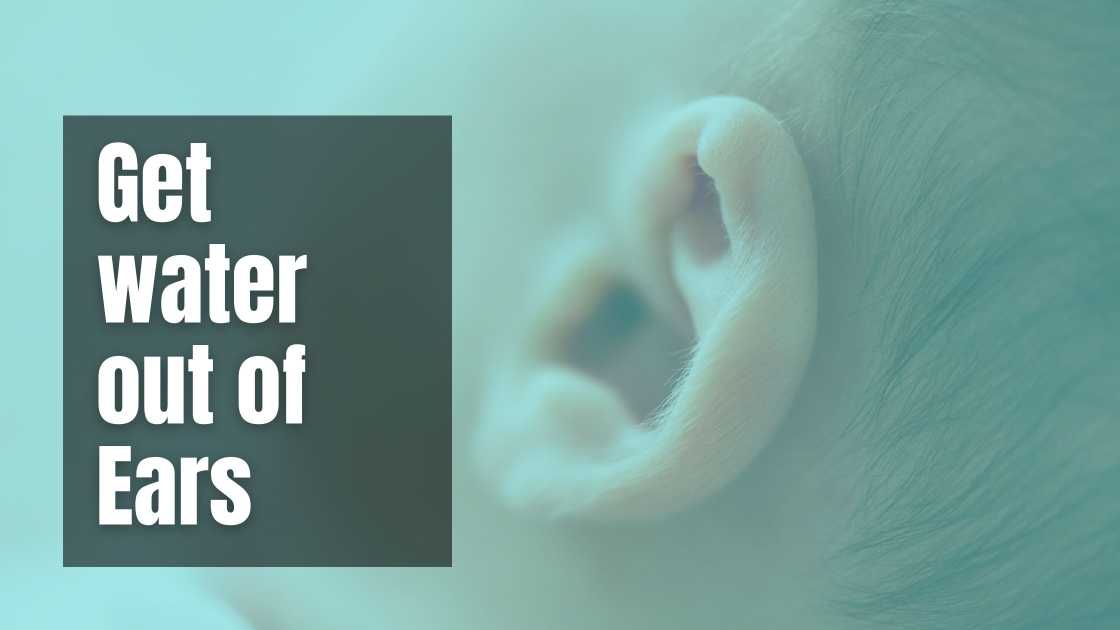

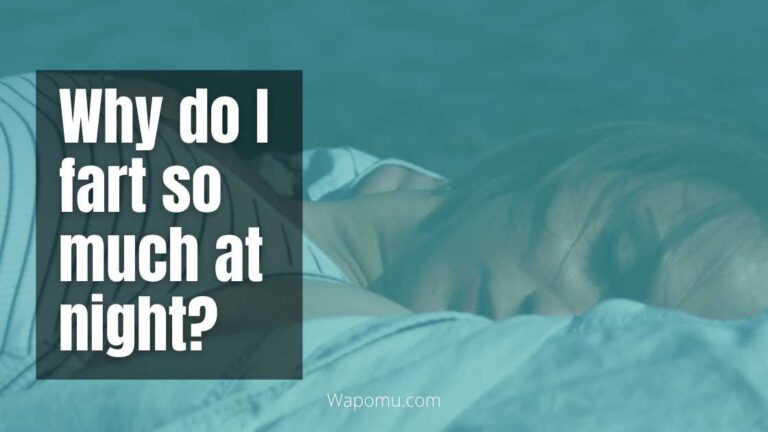
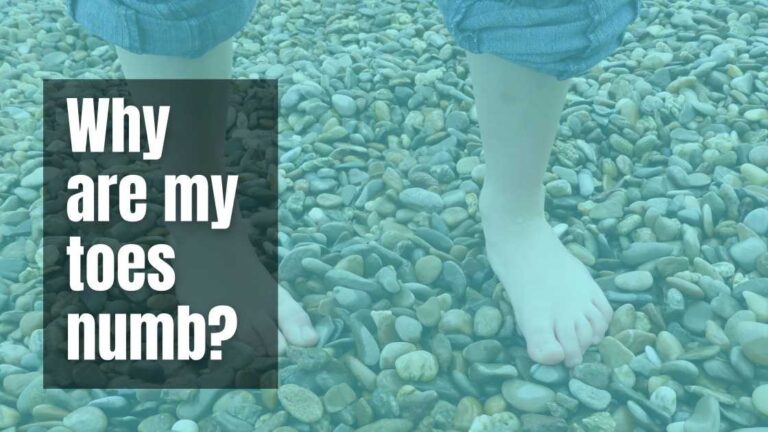

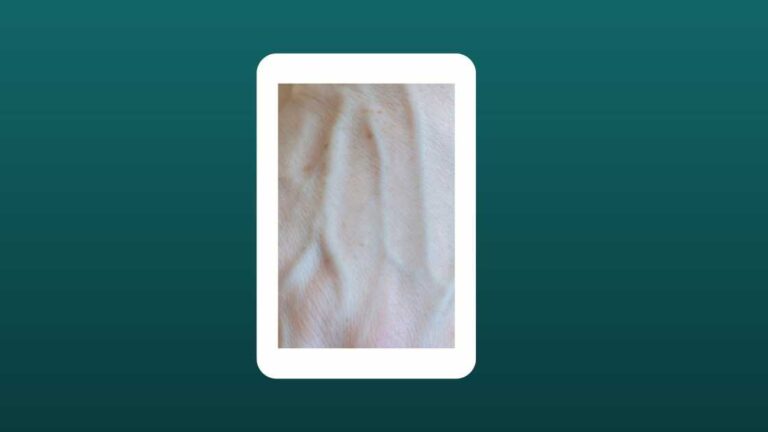
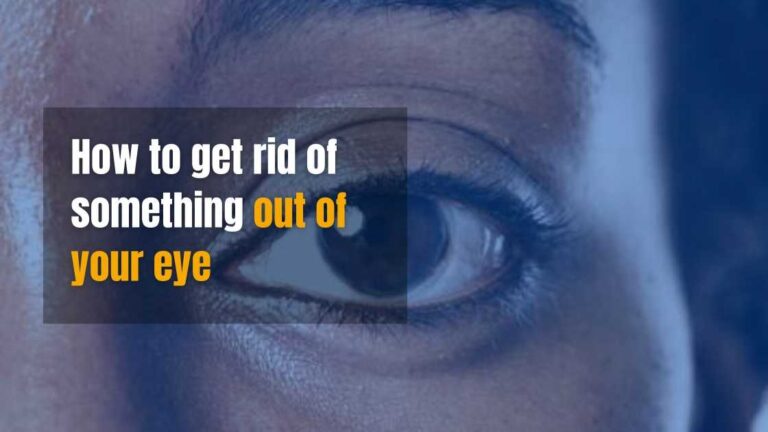
Leave a Comment